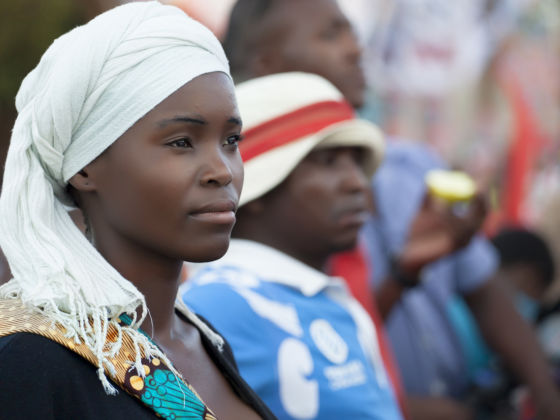I am a woman.
I don’t think there’s a determining and decisive moment in my life when I became a woman. I “became a woman” because it wasn’t an overnight transformation but a process. A process of maturing my thoughts, making life-changing decisions, assuming responsibility, making mistakes, learning lessons, building a list of principles and values that guide my choices. I did all this (granted, with great help from my mother!); I refuse to wait and attribute this to marriage and childbirth, required Burundian thresholds to womanhood.
